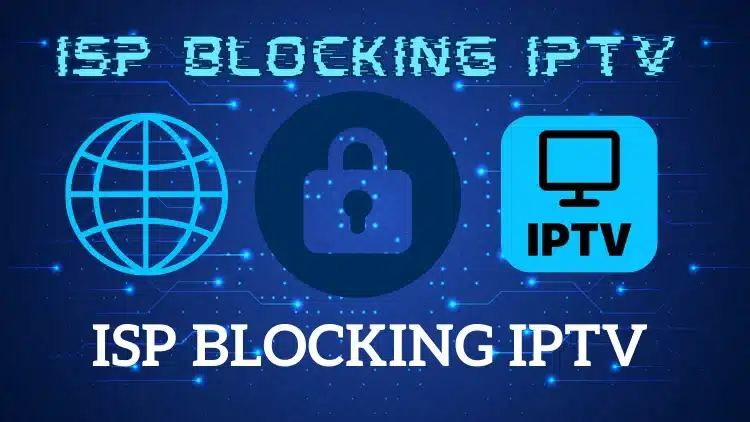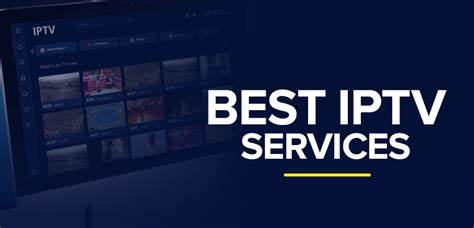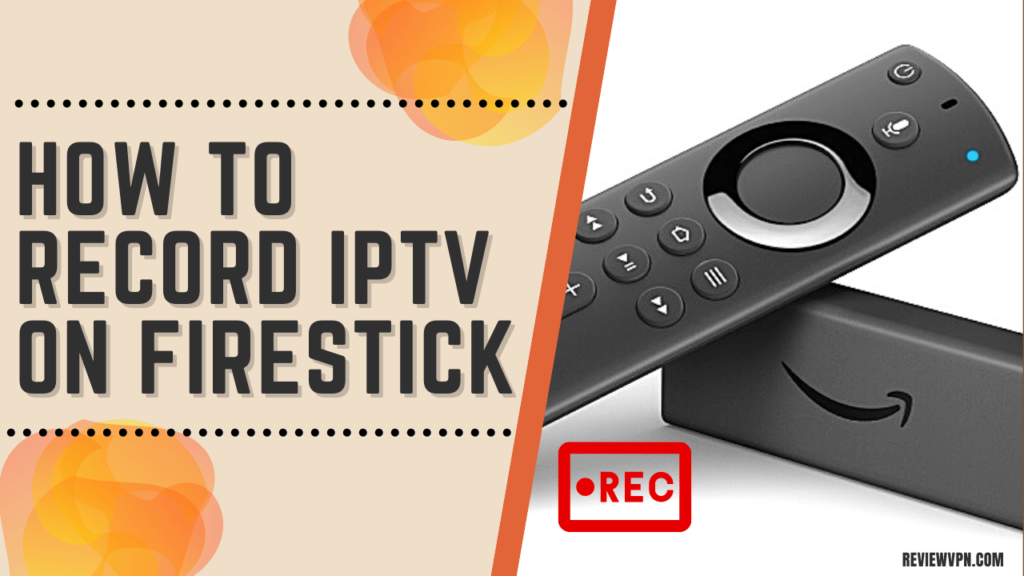
Introduction
Are you tired of experiencing annoying roadblocks while trying to access IPTV services? It's essential to understand the implications of intentionally circumventing ISP restrictions. This article aims to guide you through the process of overcoming ISP blocking for IPTV services responsibly. Let's explore the solutions and explore how you can enjoy your favorite content without any hassle.
Table of Contents
Why is ISP Blocking IPTV a Concern?
The Internet Service Provider (ISP) blocking IPTV can lead to frustration for many users. But we must remember that ISPs have their reasons for implementing such restrictions. Although these restrictions are intended to maintain network integrity and adhere to content distribution rights, they can often hinder legitimate users from accessing IPTV services. Understanding the cause helps us approach the issue constructively.
1. Contact Your ISP
If you find yourself facing an IPTV blockage, don't panic. The first step is to reach out to your Internet Service Provider directly. Politely inquire about the issue, as it might be unintentional or due to technical glitches. Your ISP's support team can provide insight and potentially resolve the matter promptly.
2. Embrace the Power of a VPN
A Virtual Private Network (VPN) is a valuable tool to circumvent ISP restrictions. By encrypting your internet traffic and routing it through a server in another location, you can hide your IPTV usage from your ISP. However, be cautious, as some ISPs are adept at detecting and blocking VPN traffic as well.
3. Changing DNS Settings
Sometimes, ISPs block IPTV by interfering with DNS resolution. Thankfully, you can try using public DNS servers like Google DNS (8.8.8.8 and 8.8.4.4) or Cloudflare DNS (1.1.1.1) to bypass such restrictions. This simple step might just be the solution you were looking for.
4. IPTV Proxy or Mirror Sites
Another effective approach is to find proxy or mirror sites for your preferred IPTV service. In some cases, these alternative addresses might not be blocked by your ISP. It's worth exploring these options to access your favorite content hassle-free.
5. Unlocking Content with Smart DNS
Smart DNS services offer an alternative to VPNs with faster speeds. They redirect only the necessary IPTV-related traffic through their servers, allowing you to access blocked content without the typical slowdowns associated with VPNs.
Understanding the Legality
While the temptation to bypass restrictions is understandable, we must consider the legality of our actions. Intentionally evading ISP restrictions may be against the law in certain regions. Being aware of the legal implications can help you make informed decisions.
Benefits of Accessing IPTV Legally
Accessing IPTV services legally comes with its advantages. When you adhere to ISP policies and respect content distribution rights, you contribute to a fair and sustainable digital ecosystem. Moreover, legal content consumption ensures a broader selection of high-quality content.
Conclusion
While dealing with ISP blocking for IPTV can be frustrating, it's essential to remember that responsible actions lead to a better online experience for everyone. Engaging in legal content consumption practices not only ensures you avoid legal complications but also contributes to a healthier digital environment. Embrace the available solutions wisely and enjoy uninterrupted access to your favorite IPTV content.
FAQs
1. Can using a VPN completely bypass ISP blocking for IPTV? Yes, a VPN can help you bypass ISP blocking by encrypting your internet traffic and masking your IPTV usage. However, some ISPs are skilled at detecting VPN traffic and may block it as well.
2. Are there free VPN options available to access IPTV? Yes, there are free VPN services available, but they often come with limitations like restricted bandwidth and fewer server locations. Paid VPNs generally offer better performance and reliability.
3. Will changing DNS settings affect my internet speed? Changing DNS settings is unlikely to have a noticeable impact on your internet speed. In some cases, it might even improve your connection's performance.
4. Is accessing geo-restricted content illegal? Accessing geo-restricted content without proper authorization may violate copyright laws and licensing agreements. It's essential to use legal channels to enjoy content while adhering to regional restrictions.
5. Can Smart DNS services be detected by ISPs? While Smart DNS services are less detectable than VPNs, some ISPs may still identify and block them. It's essential to choose reputable Smart DNS providers to maximize effectiveness.




